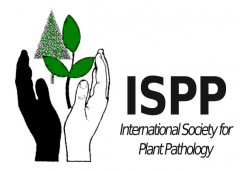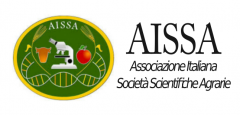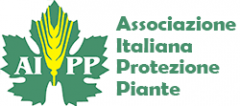
The Inherent Conflicts in Developing Soil Microbial Inoculants
Trends in Biotechnology
2018Authors: Laura M. Kaminsky Ryan V. Trexler Rondy J. Malik Kevin L. Hockett Terrence H. Bell
Certain soil microorganisms can perform agriculturally valuable functions such as ethylene reduction, plant pathogen suppression, and soil nutrient solubilization.
Interest and investment in developing soil microbial inoculants to enhance these functions has recently surged, but in-field product success remains unpredictable and unreliable.
Microbial inoculants tend to be chosen based on their activity in controlled laboratory screenings and for ease of mass cultivation, with minimal regard for ecologically relevant traits that will both allow them to survive in the field during a target functional period and prevent excessive persistence.
We highlight the conflicting roles of microbial inoculant traits at each product stage, and how this may complicate selection for microorganisms that function as desired in the field.
Potentially beneficial microorganisms have been inoculated into agricultural soils for years. However, concurrent with sequencing advances and successful manipulation of host-associated microbiomes, industry and academia have recently boosted investments into microbial inoculants, convinced they can increase crop yield and reduce fertilizer and pesticide requirements. The efficacy of soil microbial inoculants remains unreliable, and unlike crop breeding, in which target traits (e.g., yield) have long been considered alongside environmental compatibility, microbial inoculant ecology is not sufficiently integrated into microbial selection and production. We propose a holistic temporal model of the shifting constraints on inoculants at five stages of product development and application, and highlight potential conflicts between stages. We question the feasibility of developing ideal soil microbial inoculants with current approaches.




